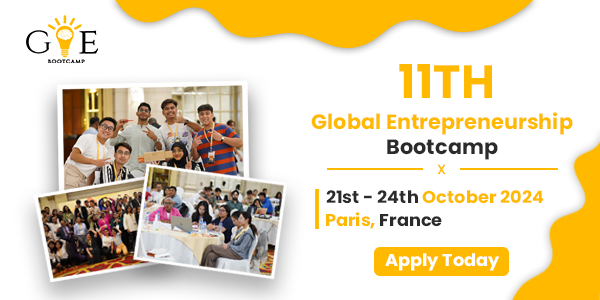
Knight Science Journalism Fellowship Program at MIT 2025-2026 ($85,000 stipend)
Details
Knight Science Journalism Fellowship Program at MIT 2025-2026 ($85,000 stipend)
Every year, the Knight Science Journalism Program at MIT offers academic-year fellowships to 10 science journalists from around the globe, giving them an opportunity to explore science, technology, and the craft of journalism; to concentrate on a specialty in science; and to learn at some of the top research universities in the world.
While in Cambridge, fellows will pursue a research project that uniquely leverages the resources and connections available to them at MIT and in the surrounding greater Boston area. The research project must be journalism related. Previous fellows have used their time to: conduct research and reporting for a long-form narrative or story series; develop multimedia, video, and audio reporting projects; do research for a book proposal; and build deep knowledge of a new area of science, among other project pursuits. Regular meetings are held to monitor and help with projects. Fellows deliver formal presentations about their projects at the end of the academic year; many projects are published as magazine articles, books, videos or podcasts after the fellowship ends
Benefits of Knight Science
- Fellows receive an $85,000 stipend paid out in installments over 9.5 months.
- A travel and housing stipend paid near the start of the fellowship.
- Basic health insurance for each fellow and their family.
Check : Orange Corners Nigeria Incubation Programme 2024
Eligibility for Knight Science
To be eligible for a KSJ Fellowship, applicants must:
- Be full-time journalists, whether on staff or freelance. Part-time writers or producers are not eligible.
- Have at least three consecutive years of experience covering science, health, technology and environmental reporting.
- Be reporters, writers, editors, producers, illustrators, filmmakers, or photojournalists. This includes work for newspapers, magazines, television, radio, and digital media.
- Applicants must not have completed a fellowship of four months or longer during the two years prior to applying for the Knight Science Journalism Fellowship.
Also Check : AGRA Value4Her Nigeria Project 2025 (Fully-funded)
Application
Each applicant must submit the following documents:
- Professional Autobiography: Describe, in 500 words or less, why you want to participate in the Knight Science Journalism Fellowship Program and how it fits with your professional goals.
- Resume or Curriculum Vitae: Provide a brief overview of your education, work history, and professional honors. (Freelancers should include a list of freelance jobs completed in the past 12 months. Include each story, venue, and date of publication or broadcast.)
- Research Project Proposal: Describe, in 500 words or less, a project you intend to develop during the fellowship year. The goal is for fellows to create a project that uniquely leverages their time and experiences at MIT, using the resources and connections available to them while they are here. The research project must be based in journalism, but it can expand beyond traditional parameters and be created in any format: long-form, story series, multimedia, video, audio, installation, etc.
Please note: The research project may be a book proposal, but fellows may not sell the proposal during the fellowship year, nor may they arrive with a contract to write a book during the fellowship year. - Five Work Samples: Provide five relevant work samples. Choose samples that best illustrate your interest and abilities. Please include a translation for any work not produced in English.
- Three Professional References: Provide three letters of recommendation. Letters should come from individuals familiar with your work and should comment on your abilities and your commitment to journalism. Applicants will provide the names and contact info for their recommenders in the application form, and letter requests will be sent to the recommenders automatically.
Join us on Telegram for more opportunities!
Specifications
| Type of Opportunity | Scholarships and Fellowships |
|---|---|
| Deadline | 15 January,2025 |
| Country | Africa |
| Organizer | Massachusetts Institute of Technology |
| Contact the organizer | [email protected] |
